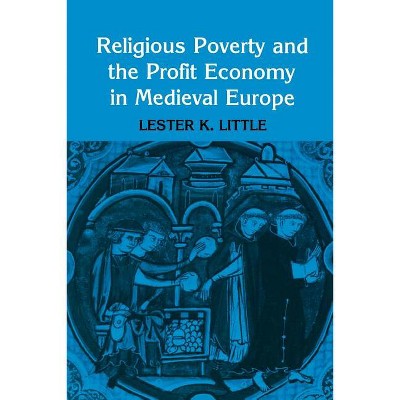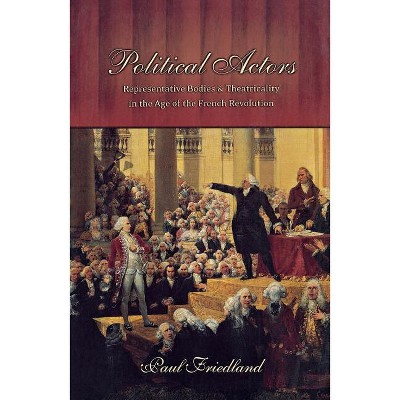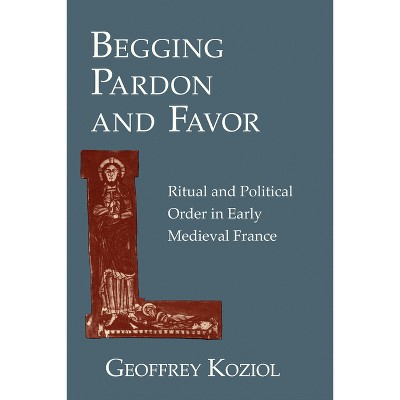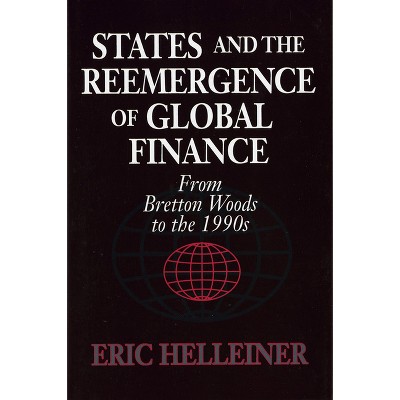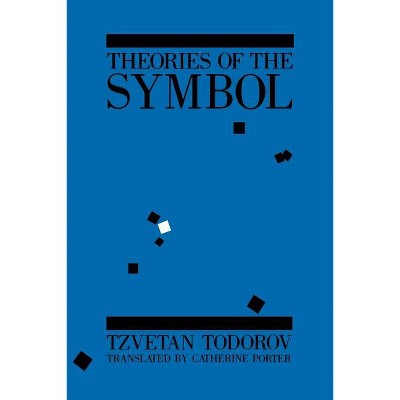About this item
Highlights
- "'May they be cursed in town and cursed in the fields.
- About the Author: Lester K. Little is Dwight W. Morrow Professor of History at Smith College.
- 312 Pages
- History, Europe
Description
About the Book
A reconstruction and exploration of the phenomenon of religious cursing in medieval Europe.
Book Synopsis
"'May they be cursed in town and cursed in the fields. May their barns be cursed and may their bones be cursed. May the fruit of their loins be cursed as well as the fruit of their lands.' French monks of the Middle Ages hurled curses like these at their enemies, seeking supernatural assistance when no secular judge could help them. In a long-awaited book written with elegance and erudition, Lester Little undertakes the first full-length study of these maledictions.... The book's focus is the way that religious communities--especially the monks who followed Benedict's Rule and hence were known by his name--used liturgical cursing to safeguard their integrity and their possessions, against both laymen and other ecclesiastics." --Journal of Social History
From the Back Cover
In this long-awaited book, the result of more than a decade of research, Lester K. Little reconstructs and explores the phenomenon of officially sanctioned religious cursing in medieval Europe. He focuses on a church service, called in Latin either clamor or maledictio, used by monastic communities (primarily in Francia) between approximately 990 and 1250. Threatened by bands of heavily armed knights in a period of incessant civil strife, communities of monks, nuns, and cathedral clerics retaliated by cursing their enemies in a formal religious ceremony. After presenting the formulas the monks used in such cursing, Little explores the social, political, and juridical contexts in which these curses were used and explains how Christian authorities who condemned cursing could also authorize it. He demonstrates that these Benedictine maledictions often played a decisive role in resolving the monks' frequent property disputes with local notables, especially knights. Little's approach to his subject is topical. After determining the clamor's sources, he takes up its kinship with such related liturgy as the humiliation of saints and then shows where and to what end it was used. By the conclusion of his work, he has recreated the whole culture of the medieval clamor, and in the process he has illuminated many other aspects of medieval social and legal culture.Review Quotes
'May they be cursed in town and cursed in the fields. May their barns be cursed and may their bones be cursed. May the fruit of their loins be cursed as well as the fruit of their lands.' French monks of the Middle Ages hurled curses like these at their enemies, seeking supernatural assistance when no secular judge could help them. In a long-awaited book written with elegance and erudition, Lester Little undertakes the first full-length study of these maledictions.... The book's focus is the way that religious communities--especially the monks who followed Benedict's Rule and hence were known by his name--used liturgical cursing to safeguard their integrity and their possessions, against both laymen and other ecclesiastics.
-- "Journal of Social History"Little begins with a custom that may seem quaint; he ends by leading the reader through a series of centrally important historical developments, and in most cases he succeeds in showing their relevance to this extraordinary custom of liturgical cursing.
--Richard Kieckhefer, Northwestern University "American Historical Review"Professor Little has carried out in masterly fashion his stated goal, the re-creation of the whole cutlure of medieval clamor, and in the process he has illuminated many other aspects of medieval religious, social, and legal practices. His book, filled with charming personal asides, will be duly appreciated by scholars, admirers, and nonspecialists.
--Bede K. Lackner, University of Texas, Arlington "Speculum"About the Author
Lester K. Little is Dwight W. Morrow Professor of History at Smith College. He is the author of numerous articles and books, including Religious Poverty and the Profit Economy in Medieval Europe, also from Cornell.







